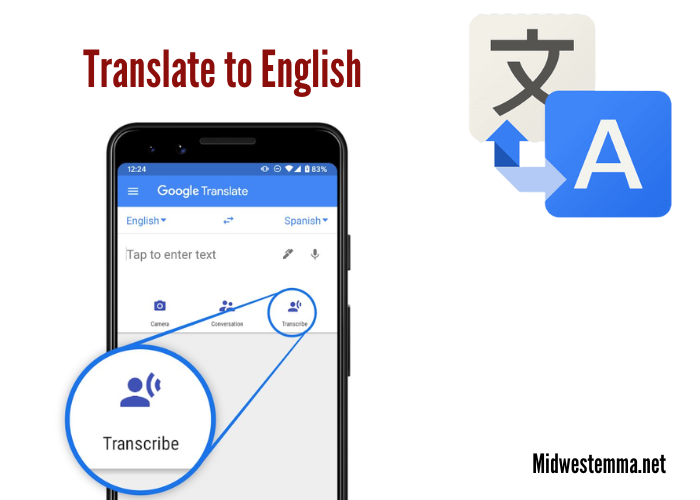In an increasingly interconnected world, the ability to communicate across language barriers is more critical than ever. Whether you’re a business looking to expand into international markets, a traveler exploring new horizons, or simply a curious individual eager to access a world of knowledge, the need to “Translate to English” has become a fundamental skill. This article explores the vast landscape of translation to English, its significance, and the tools and techniques available for mastering this art.
The Importance of Translation
Bridging Cultural Divides
Translation facilitates cross cultural understanding, enabling people from diverse backgrounds to communicate effectively. It promotes global unity by breaking down language barriers that can otherwise lead to miscommunication or conflict.
Expanding Business Horizons
For businesses, translating content to English is the gateway to tapping into the massive English speaking market. It fosters international growth and increases brand visibility on a global scale.
Accessing Global Knowledge
Translation to English opens the doors to a vast repository of information, literature, and research. It allows individuals worldwide to access the world’s collective knowledge, breaking down knowledge silos.
The Art of Translation
Language Nuances
Effective translation goes beyond word-for-word conversion; it considers cultural nuances, idioms, and context. Professional translators must understand the source and target languages intimately.
Human vs. Machine Translation
Machine translation tools like Google Translate have made translation more accessible but often lack accuracy. For precise and contextually accurate translations, human translators remain invaluable.
Translation Challenges
Challenges in translation include language ambiguity, slang, and dialects.
Adapting content for specific industries or audiences demands expertise.
The Role of English in Global Communication
English has undeniably become the lingua franca of the modern world. Its widespread use in international business, diplomacy, science, and popular culture has made it the default language for global communication. Understanding this role is crucial for anyone looking to translate to English effectively.
Business Expansion Strategies
For businesses, targeting English speaking markets often represents a strategic move. English not only provides access to a vast consumer base but also fosters trust and credibility. Understanding the nuances of English marketing and communication is key to success.
Academic and Research Impact
In academia, publishing research in English journals significantly increases visibility and impact. Researchers from non-English-speaking countries must translate their findings accurately to reach a broader audience.
Media and Entertainment
Hollywood, the global music industry, and English-language literature have a profound impact worldwide. Translation to English is essential for international artists and authors looking to break into these markets.
Conclusion
Translate to English is not merely a function, it’s a gateway to understanding, growth, and connection in our globalized world. Whether you’re a business aiming for international success, an individual eager to access the world’s knowledge, or someone seeking to foster cross cultural connections, mastering the art of translation to English is a skill worth investing in. By embracing the importance of translation and adopting best practices, we can break down barriers, build bridges, and explore the endless possibilities of our diverse, interconnected world.
The ability to Translate to English is not just a practical skill, it’s an art that opens doors to a world of opportunities. In our interconnected global society, accurate and culturally sensitive translation is more vital than ever. By embracing best practices, staying updated on language trends, and harnessing technology wisely, we can continue to break down language barriers, foster understanding, and engage with the world in meaningful ways.






